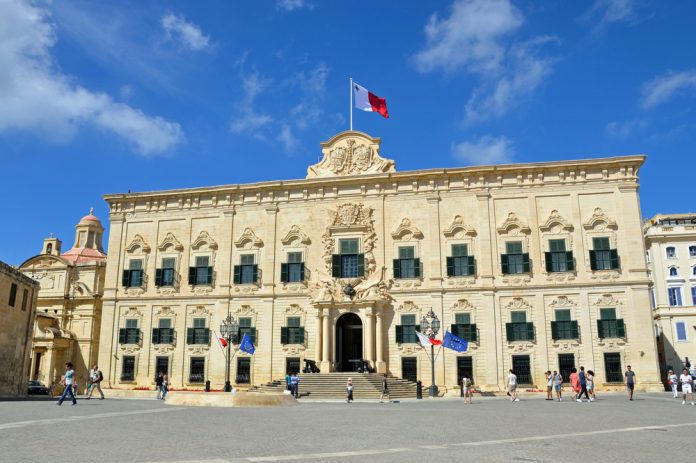
When Malta Prime Minister Joseph Muscat first stated cryptocurrencies as “the inevitable future of money”, it was clear more and more investors would look towards Malta to grow their blockchain technology. Muscat believes cryptocurrencies will form the base of economies in the future. With this increase in economic activity, the potential for jobs and new commerce will further cement Malta as the new hub for Blockchain commerce. Binance, the world’s largest crypto exchange by traded value, stated it will “eventually hire up to 200 people” in Malta and relocate its operation here from Hong Kong.
Therefore, with the news of three new parliamentary bills being passed, the attractiveness of Malta’s economy continues to be an ideal location for blockchain technology. In a conference, Prime Minister Muscat confirmed Malta will favour and approve three cryptocurrency bills to further strengthen the economies attractiveness towards the blockchain sector. This falls in line with Malta’s continued regulation in favour of cryptocurrencies, so much so that the government believes it will become a key focus of the country’s economic growth over the next four to five years. The bills cover the regulation of ICO’s, guidelines for investors and broader laws surrounding the cryptocurrency and blockchain sectors.
Firstly, the Malta Digital Innovation Authority Bill aims to give a wider scope of guidelines on cryptocurrencies, focusing on internal governance arrangements. The bill will also outline the duties and responsibilities of crypto businesses and investors.
Secondly, the Technology Arrangements and Services Bill will deal with ensuring separate legal identity to technology arrangements. The bill aims to ensure smooth setting up of exchanges and other businesses within the crypto market.
Lastly, the Virtual Financial Assets Bill will deal with the regulation of ICO’s and the respective activities at which they can conduct in the blockchain sector. The bill will outline regulatory regimes which will be applicable to the cryptocurrency exchanges.
These three bills further cement Malta’s position as a ‘blockchain island’ having already introduced its national strategy in May 2017. Muscat has come out strongly in favour of promoting blockchain commerce in Malta, claiming that they must be at the forefront of this movement which others will look to emulate.
Proof of Muscat’s plans can be seen as Poland’s biggest crypto exchange, BitBay announced recently that it would be moving to Malta, citing the country’s friendly business environment towards blockchain commerce as a key pull factor. In addition to BitBay and Binance, OKEx, the world’s second largest exchange by value announced it would be further increasing its presence in Malta ensuring it would benefit from the inviting regulation available to cryptocurrency businesses.
As cryptocurrencies continue to rise in popularity, businesses and investors are seeking the safest places to do business. Currently Malta is leading the way with its regulation on cryptocurrencies and proving to be an inviting location for these organisations to locate. Prime Minister Muscat is continuing to push his vision forward to ensure Malta can be a world leader when it comes to blockchain technology. This will certainly be an interesting story to keep an eye on.










Thanks for sharing this article Vlad